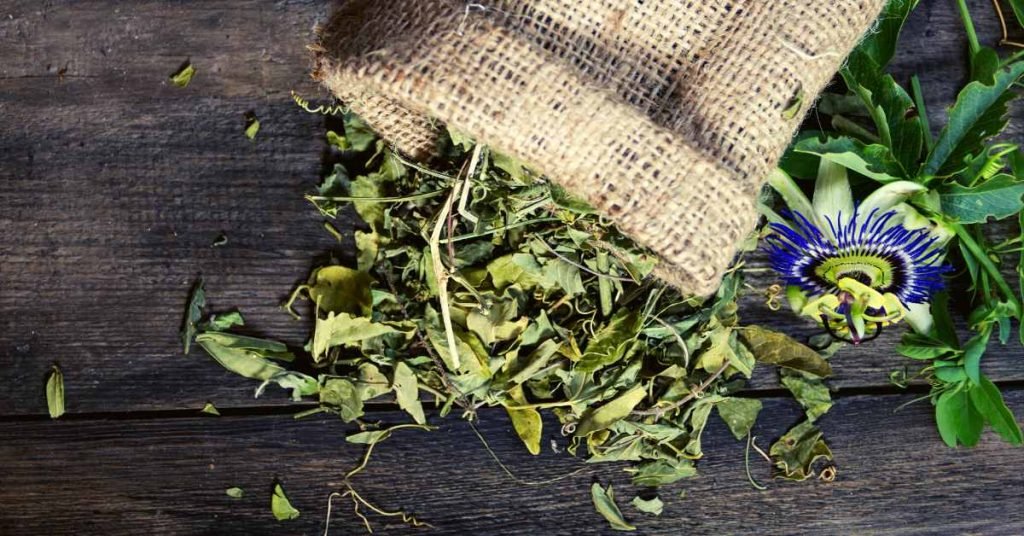Herbal medicine has been used for centuries to treat a variety of health conditions, including addiction. Addiction is a complex condition that affects millions of people worldwide and can have a devastating impact on their lives.
While there are several conventional treatments available for addiction, some people are turning to herbal remedies to help manage their symptoms and reduce their reliance on prescription medication.
In this article, we will explore the use of herbal medicine for addiction, including the benefits, risks, and evidence supporting their effectiveness. We will also discuss some popular herbs used for addiction, how they work, and their potential side effects.
Can Teas Help You Quit Smoking?

While no tea can directly help you quit smoking, some teas may help alleviate some of the symptoms associated with nicotine withdrawal, making it easier to quit.
For example, herbal teas like chamomile, lavender, and valerian root can help reduce stress and anxiety, which can be beneficial during the quitting process.
Additionally, green tea contains a compound called L-theanine that may help reduce stress and improve mood.
However, it’s important to note that quitting smoking is a complex process that requires more than just drinking tea.
It often involves making lifestyle changes, seeking support from loved ones or a healthcare provider, and using evidence-based treatments like nicotine replacement therapy or prescription medications.
If you’re considering quitting smoking, it’s best to talk to your healthcare provider about developing a comprehensive plan that’s tailored to your individual needs.
What Teas Can Help Addicts Overcome Withdrawal Symptoms?

Herbal teas can be a helpful addition to a self-care routine for people struggling with addiction or going through abstinence, as they can provide calming and soothing effects. Here are a few examples:
- Chamomile tea: Chamomile has natural calming properties and can help reduce anxiety and stress, making it a good choice for those going through a crisis.
- Lavender tea: Lavender has been used for centuries to promote relaxation and reduce stress. It can be especially helpful for those who struggle with insomnia or have difficulty sleeping due to stress or anxiety.
- Lemon balm tea: Lemon balm has a calming effect on the nervous system and can help reduce anxiety and promote relaxation.
- Valerian root tea: Valerian root is a natural sedative that can help promote relaxation and reduce stress. It’s commonly used to help with anxiety, insomnia, and other sleep disorders.
It’s important to note that while herbal teas can be helpful, they should not be used as a substitute for professional treatment or support for addiction or mental health issues.
Can Passiflora Infusion Help Alcoholics Stop Drinking?
Passionflower (Passiflora) leaf infusion, also known as passionflower tea, has been used for centuries as a natural remedy to help alleviate anxiety and promote relaxation.
While there is some evidence to suggest that passionflower may have a positive effect on alcohol addiction, more research is needed to determine its effectiveness as a standalone treatment.

It’s important to note that quitting alcohol addiction is a complex process that often requires professional treatment, support from loved ones, and lifestyle changes.
If you or your loved one are struggling with alcohol addiction, it’s fundamental to seek help from a qualified healthcare provider or addiction specialist who can provide a comprehensive treatment plan tailored to your individual needs.
In conclusion, herbal medicine can be a beneficial adjunct to traditional addiction treatment. Several herbs and teas have shown promising results in reducing addiction symptoms, improving mood, and promoting overall well-being.
However, it’s essential to note that herbal medicine should never replace conventional treatment methods or be used as a standalone treatment for addiction.
It’s crucial to consult with a healthcare professional before trying any herbal remedies and to be aware of potential side effects or interactions with other medications.
With the right guidance and support, the use of herbal medicine can provide an effective and natural approach to managing addiction and promoting long-term recovery.
MEDICAL DISCLAIMER
Itsnevernotteatime.com cannot and does not contain medical/health advice. The medical/health information is provided for general and educational purposes only and is not a substitute for professional advice.




